红网时刻新闻记者 樊令钰 朱闻芩 陈珉颖 长沙报道
今天是七夕节,也是咱们中国的情人节。但你知道七夕有哪些习俗吗?
Today is the Qixi Festival, also known as the Chinese Valentine’s Day. But do you know the customs of Qixi Festival?
一.穿针乞巧
1. Needle Threading for Dexterity
东晋葛洪的《西京杂记》中记载:“汉彩女常以七月七日穿七孔针于开襟楼,人俱习之。”
In Xijing Zaji (Miscellany of the Western Capital) written by Ge Hong of the Eastern Jin Dynasty:
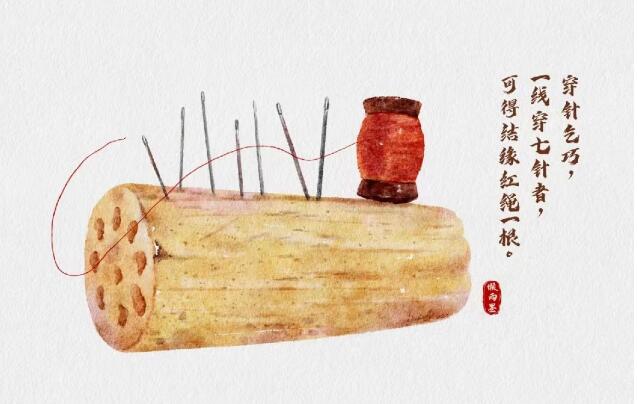
这句古文的意思是女子们比赛穿针,谁穿得快就意味着谁乞到的巧越多。
The meaning of this ancient verse is that women compete to thread needles, and whoever threads faster means she will receive more skills for needlework from the deities.
二.染指甲
2. Dyeing Nails
没有想到吧,古代的女子竟也如此爱美。这是流传于中国西南一带的七夕习俗。
用花草染指甲,也是节日的娱乐活动之一。
It is surprising that women in ancient times were so fond of beauty as well. This is a Qixi Festival custom that has spread in southwest China. Dyeing nails with flowers and plants is also one of the entertainment activities of the festival.
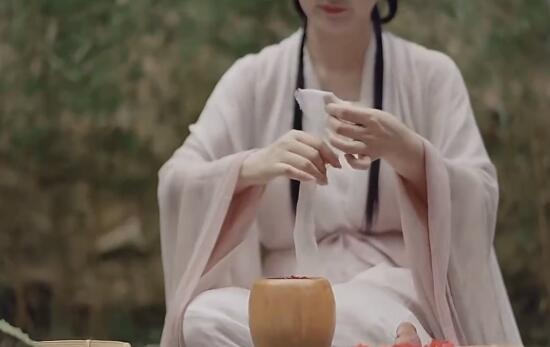
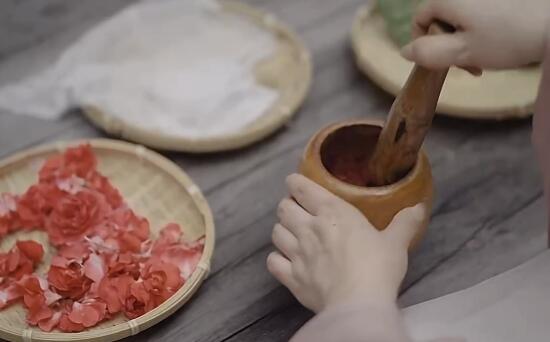
三.吃巧果
3. Eating Qiao Food
巧果即乞巧果子,是七夕传统的祭品和糕点。
Qiao food means Qiqiaoguozi, which are the traditional sacrificial offerings and pastries.
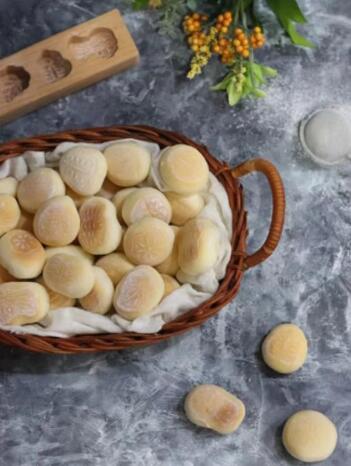
四.吟诗作赋
4. Reading and Composing Poetry and Fu
但对于古人来说七夕最重要的当然还是吟诗作赋了。
For people in the ancient times, the most important thing in Qixi Festival is reading and composing poetry and Fu.
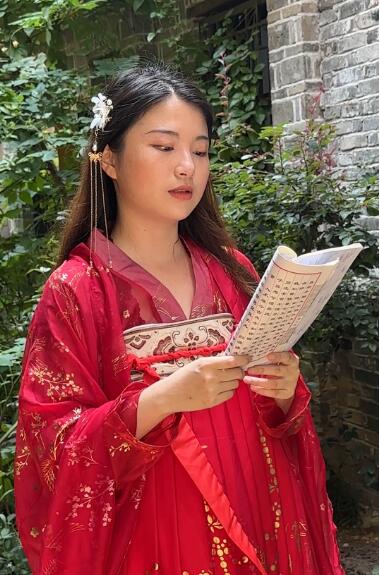
七夕,起源于上古,普及于西汉,在宋代达到了鼎盛。
Qixi Festival originated in ancient times, became popular during the Western Han dynasty, and reached its peak during the Song dynasty.
但其实七夕最初并非是情人节,而是一个以女性为主体的综合性节日。女子们祈愿自己心灵手巧,也祈求好姻缘。
Actually, Qixi Festival was not originally a Valentine's Day, but a comprehensive festival with women as the main subject. Women prayed for being dexterous and ingenious and having good marriages.
后来随着七夕当天牛郎织女相会的神话故事广为流传,七夕也渐渐演变为中国的本土情人节。
Later, with the widespread myth of the Cowherd and the Weaver Girl meeting on Qixi, Qixi gradually evolved into a local Chinese Valentine's Day.
今天七夕,你打算怎么过呢?
Today is Qixi, such a romantic festival. How do you plan to celebrate it?
素材来源:红网国际传播中心;杭州微度影视工作室
来源:红网
作者:樊令钰 朱闻芩 陈珉颖
编辑:张立
本文为湖南频道原创文章,转载请附上原文出处链接和本声明。
 时刻新闻
时刻新闻